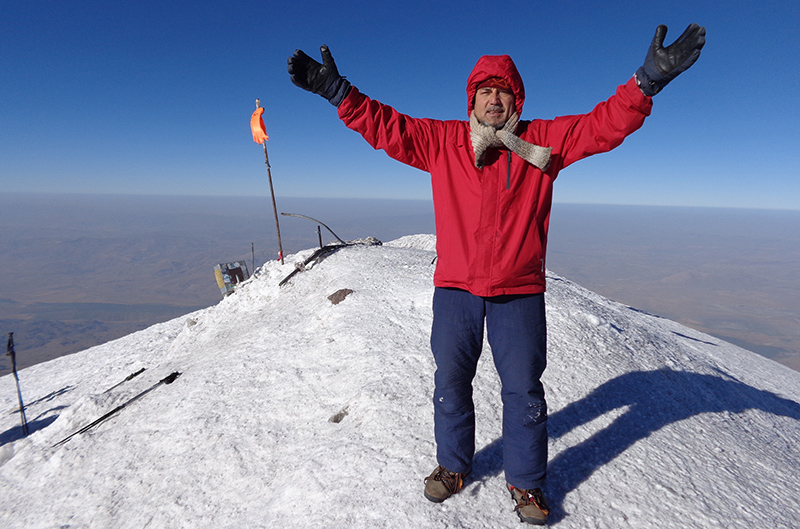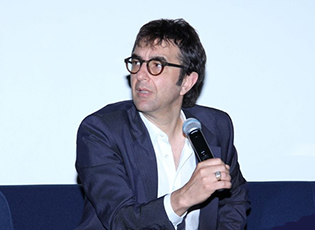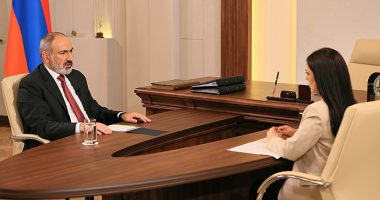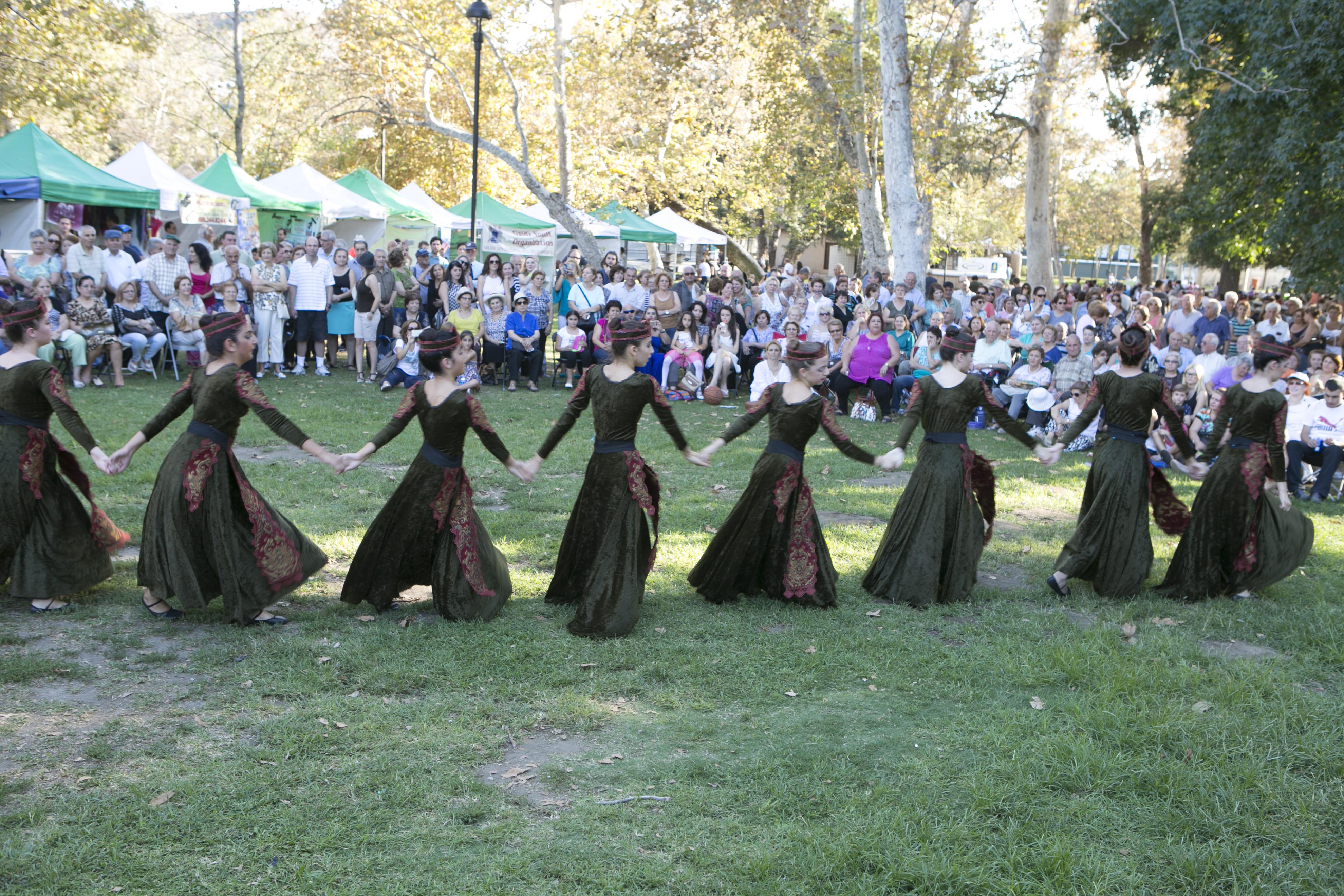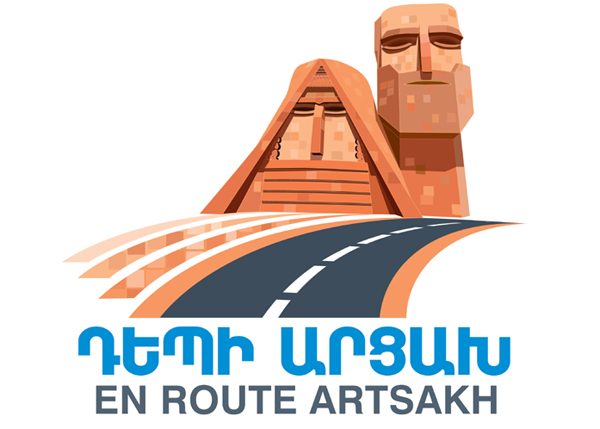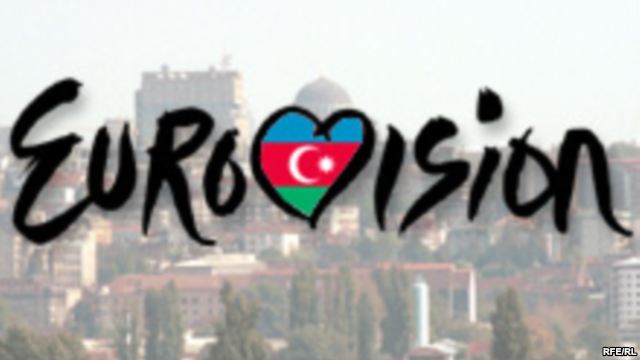By Harut Der-Tavitian
On a personal or communal level there are two ways of conducting our lives: to be aware of our heritage and strive to build upon it by contributing to its growth or by being content with what we’ve inherited and spend it. The first is difficult but it’s a fulfilling and constructive path, while the second is the road to attrition.
On the eve of the centennial of the Genocide of the Armenians, let’s try and analyze briefly the path we have taken. If in the first 50 years following the Genocide we went through a catharsis, the ‘60s witnessed the first nationwide commemorations and the erection of monuments, dedicated to the victims of Genocide. The period had a profound influence on the generation that was going through the developmental stage of its identity.
The ‘70s reflected Kurken Yanikian’s act: the pursuit of our cause through armed struggle and the spearheading of the Genocide recognition campaigns around the world.
Led by the generation that came of age in the ‘60s, the ‘80s were highlighted by the demand for the separation of Nagorno- Karabakh from Azerbaijan and its unification with the Republic of Armenia.
The ‘90s saw the expiry of the Soviet Union, the subsequent independence of Armenia and the liberation of Nagorno-Karabakh (Artsakh).
While from the ‘60s to the ‘90s developments in Armenia had a positive impact on our nation-building, the turmoil in the Middle East had a negative effect on that same process. In the past two decades, developments in Armenia have turned negative, too.
The most worrisome aspect in Armenia is the depopulation of the country. From the 1920s to the 1980s, the population of Armenia had quintupled, encompassing almost half of all Armenians in the world. In the past twenty years Armenia’s population has shrunk by 50%. Now only a third (according to some estimates, only a fourth) of all Armenians resides in their homeland, while the majority is dispersed around the world. It’s evident that Armenia and the Armenian nation are exposed to serious dangers.
The threat of assimilation of this dispersed majority is also worrisome. If the mystery of Soviet Armenia behind the Iron Curtain somewhat abetted the national preservation efforts, the naked reality is that independent Armenia has hamstrung Diaspora’s efforts to inculcate the Armenian identity among its youth.
The victimhood mentality or the instilling of vengeful feelings in our youth is not contributing to the preservation of their Armenian identity. On the contrary, it is curtailing their healthy progress. Efforts for the international recognition of the Genocide of Armenians are no longer helping our “National Cause” and the process of providing a better future to our youth. Henceforth, Genocide should no longer be the top priority on our national agenda. It had a dominant impact in shaping Armenian identity in the 20th century, but it has to give way to more constructive factors now.
The 20th century witnessed our struggle to maintain our Armenian identity. We are now losing that struggle. It’s mandatory that the 21st century be characterized by revitalization and not just the preservation of that identity. It is high time we realized that despite the catastrophic impact of the Genocide on our nation-building, our rich history of several millennia should be deployed for bigger and more positive impetus on our new generations. It should also be clear that conveying this rich history should not be delivered as if were a sermon, but be weaved into the young generations’ lives, helping them build a better future.
Another worrisome fact is the continued dominance of clannish mentality in our communities. As a result, we have created an oligarchic regime in Armenia, rather than a democratic one. The Diaspora is not different from Armenia in this respect. Because of the corrosive clannish mentality, we have lost our budding talents to other nations. At a time when a new world order is shaping up, rather than maintaining a clannish and ghetto mentality which will surely sideline us from the world stage and into oblivion, we have to weave our rich Armenian heritage into the fabric of humankind and make it a vital part of overall humanity. This requires self-awareness and self-confidence. Blessed with this cultural amplitude, our youth should feel at ease opening to the world and contributing to its progress, without fear of losing its identity. Just like Mesrob Mashtots, in the 5th century, when not content with inventing the Armenian alphabet, he invented the Georgian and Albanian alphabets, thus contributing to the advancement of that region.
To halt the downhill slide, we have to make an ABRUPT CHANGE OF COURSE. We have to take command of our nation’s ship which now is being tossed by destructive waves. We have to explore new paths and new visions. We should expect neither miracles nor immediate positive outcomes. Rather, we should endeavor to create a new vision and a plan, and work consistently and vehemently towards its realization, in the span of two or three generations.
We should start from within, through honest and critical self-exploration that will lead to a higher standard of self- awareness. We should neither be bogged down by formalities, nor give lip service to anyone. We should explore and bring to light timeless values from our rich history and show the young the wealth they have inherited including values that will help them become better human beings and better Armenians–just like Anoushavan, some 4,000 years ago, who at the age of 12, was mentored to become an individual “strong in deed and eloquent in speech”. We should break away from cliché and undefined terminologies such as “Armenian pedagogy”. For what good Armenian education is if it does not prepare our youth for a better and secure future, especially in this turbulent era of globalization.
We do not lack talented Armenians. What we lack is a plan to bring these talents together, to formalize the national vision and launch it. What we lack is a disposition to overlook our self-interests and see the bigger picture. What we lack is a unity of purpose. Let this article be a call for action in that direction. We have taken a small initial step in that direction by reserving the rights to the name “ArmenianIdentity.com”. Our goal is to create that site and utilize it for the dissemination of ideas and the discussion of issues similar to the ones expressed above. We have discussed these themes with several academicians who had expressed readiness to help make our vision a reality. We hope this idea finds fertile ground and can be developed into a full-fledged website with the help of experts in different fields of academia and in IT.
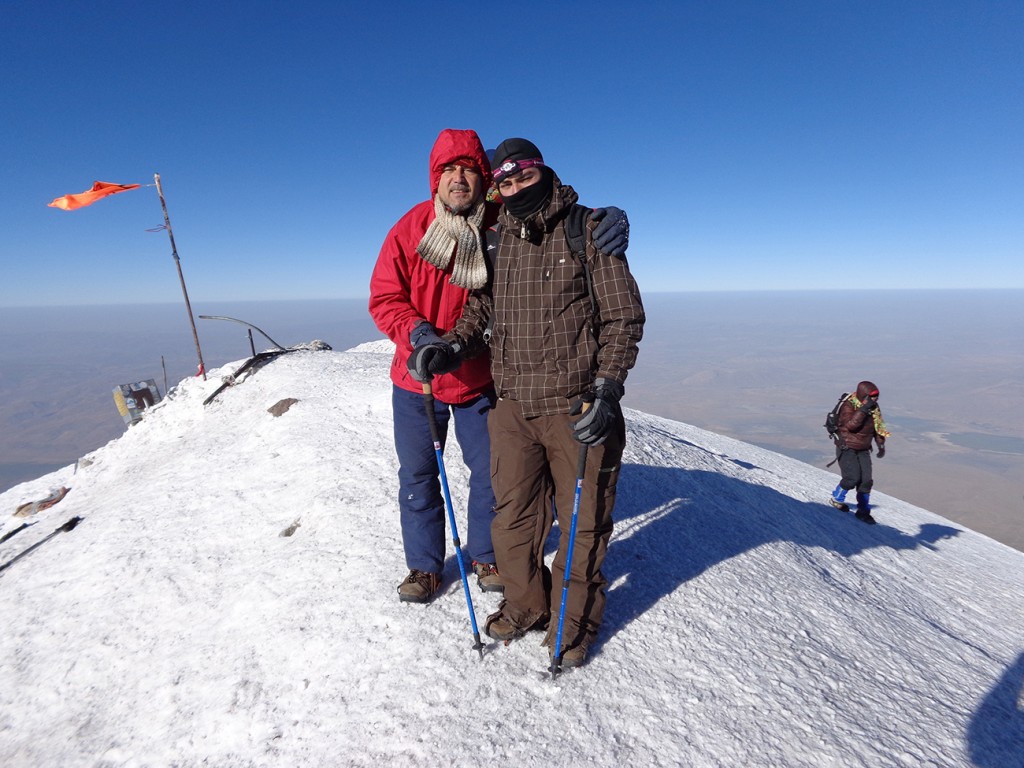

Let’s conclude these thoughts by citing another symbolic step we took recently. In 1829, at the age of 20, Khachatur Abovian reached the summit of Ararat. Surely this achievement must have had a big impact on his development, thinking, character, and course of life. Several years ago we decided to follow in Abovian’s footsteps. Last year, seven of us, all middle-aged friends, achieved our goal in the company of six young people in their 20s. We are hopeful that our collective achievement will have a similar impact on their development and in shaping their mentality, identity and character. We also hope this example will encourage others to follow suit.
Harut Der-Tavitian can be reached at [email protected]

